Best Protein Sources for Vegetarians | Healthy Plant Protein

Introduction to Plant-Powered Nutrition for Protein for Vegetarians
Finding the best protein sources for vegetarians is a top priority for those embracing a meat-free lifestyle. Whether you’re a long-time vegetarian or just exploring plant-based eating, getting enough protein is essential for maintaining energy, building muscle, and supporting overall health. Unlike meat-based diets, vegetarian diets rely on diverse plant-based proteins and meat alternatives to meet nutritional needs. The good news? You don’t have to compromise on flavor, variety, or nutrition. With the right knowledge, you can craft a diet that’s both delicious and protein-packed.
This article dives deep into the world of vegetarian protein sources, uncovering the most nutrient-dense options and practical ways to incorporate them into your meals. From legumes to innovative meat alternatives, we’ll explore how to fuel your body while keeping your plate vibrant and satisfying.
What Are Vegetarian Protein Sources?
Defining Plant-Based Proteins
Vegetarian protein sources are foods derived from plants or non-meat sources that provide the essential amino acids your body needs. These plant-based proteins include legumes, grains, nuts, seeds, and certain vegetables. Unlike animal proteins, which are considered “complete” because they contain all nine essential amino acids, many plant-based proteins are “incomplete.” However, combining different sources—like beans and rice—creates a complete protein profile, ensuring you meet your nutritional needs.
Some of the best protein sources for vegetarians include lentils, chickpeas, tofu, tempeh, quinoa, and hemp seeds. These foods are not only rich in protein but also packed with fiber, vitamins, and minerals, making them nutritional powerhouses. For those seeking meat alternatives, products like seitan, textured vegetable protein (TVP), and plant-based meat substitutes offer high-protein options with textures and flavors that mimic meat. Understanding these sources is the first step to building a balanced vegetarian diet that supports your health goals.
Why Focus on Protein for Vegetarians?
Focusing on plant-based proteins ensures vegetarians meet their daily protein requirements, which vary based on age, activity level, and health goals. The Recommended Dietary Allowance (RDA) for protein is about 0.36 grams per pound of body weight for adults, but active individuals or those building muscle may need more. For example, a 150-pound person needs roughly 54 grams of protein daily, easily achievable with vegetarian sources like a cup of lentils (18 grams) or a serving of tofu (20 grams).
Moreover, plant-based proteins are often more sustainable and ethical than animal-based options, aligning with environmental and animal welfare values. They also tend to be lower in saturated fats and cholesterol, promoting heart health. By exploring the best protein sources for vegetarians, you can create meals that are both nutritious and delicious, all while supporting a sustainable lifestyle.
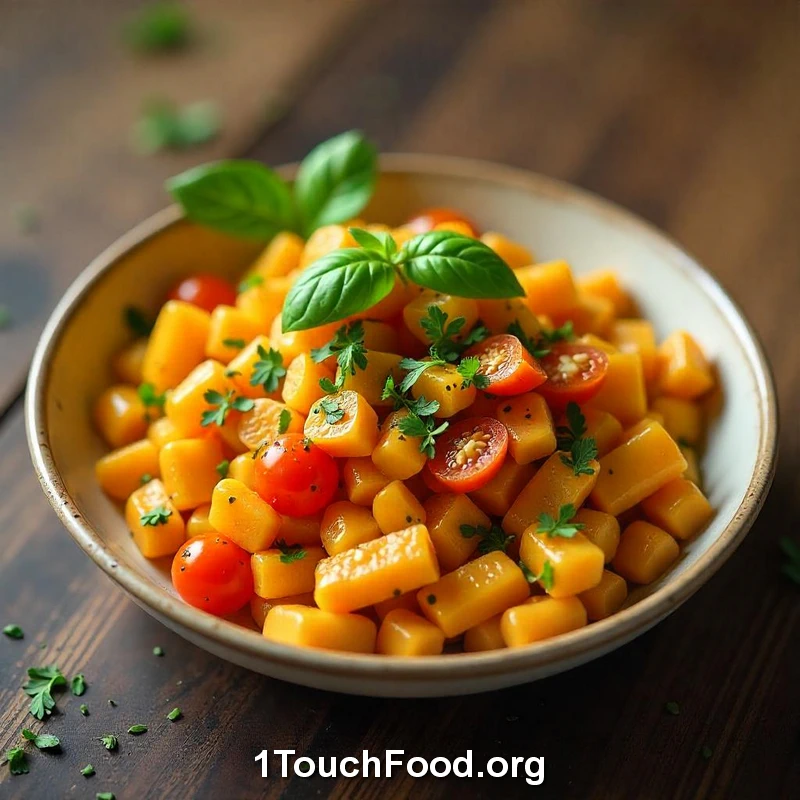
Benefits of Choosing Protein Sources for Vegetarians
Nutritional Advantages of Plant-Based Protein for Vegetarians
The best protein sources for vegetarians offer more than just protein—they come with a host of health benefits. Plant-based proteins are typically rich in fiber, which supports digestion, stabilizes blood sugar, and promotes satiety. For instance, black beans provide about 15 grams of protein and 15 grams of fiber per cup, making them a filling and nutrient-dense choice. Many plant-based proteins also contain antioxidants, vitamins, and minerals like iron, magnesium, and potassium, which are vital for overall wellness.
Unlike animal proteins, plant-based proteins are naturally cholesterol-free and low in saturated fats, reducing the risk of heart disease. Studies, such as one published in the Journal of the American Heart Association (2020), show that diets high in plant-based proteins can lower blood pressure and improve cholesterol levels. Whether you’re an athlete or simply aiming for better health, incorporating these proteins into your diet supports long-term vitality.
Versatility and Culinary Creativity with Protein for Vegetarians
Another major benefit of vegetarian protein sources is their versatility. From creamy lentil soups to crispy tofu stir-fries, plant-based proteins can be adapted to countless cuisines and cooking styles. Meat alternatives like tempeh and seitan can be grilled, baked, or sautéed to mimic the texture of meat, making them ideal for transitioning to a vegetarian diet. Quinoa, a complete protein, can star in salads, bowls, or even breakfast porridges, offering endless meal possibilities.
This flexibility extends to flavor profiles as well. Spices, herbs, and marinades can transform plant-based proteins into bold, satisfying dishes. For example, chickpeas can be roasted with paprika for a crunchy snack or blended into a creamy hummus. By experimenting with meat alternatives and plant-based ingredients, you can keep your meals exciting while meeting your protein needs.
Environmental and Ethical Impact of Protein for Vegetarians
Choosing plant-based proteins also supports a more sustainable planet. Producing foods like lentils or tofu requires significantly less water, land, and energy compared to animal-based proteins. According to a 2018 study in science, plant-based diets can reduce an individual’s carbon footprint by up to 50%. For those passionate about ethical eating, vegetarian protein sources align with values of compassion and environmental stewardship, making them a win-win for your health and the planet.
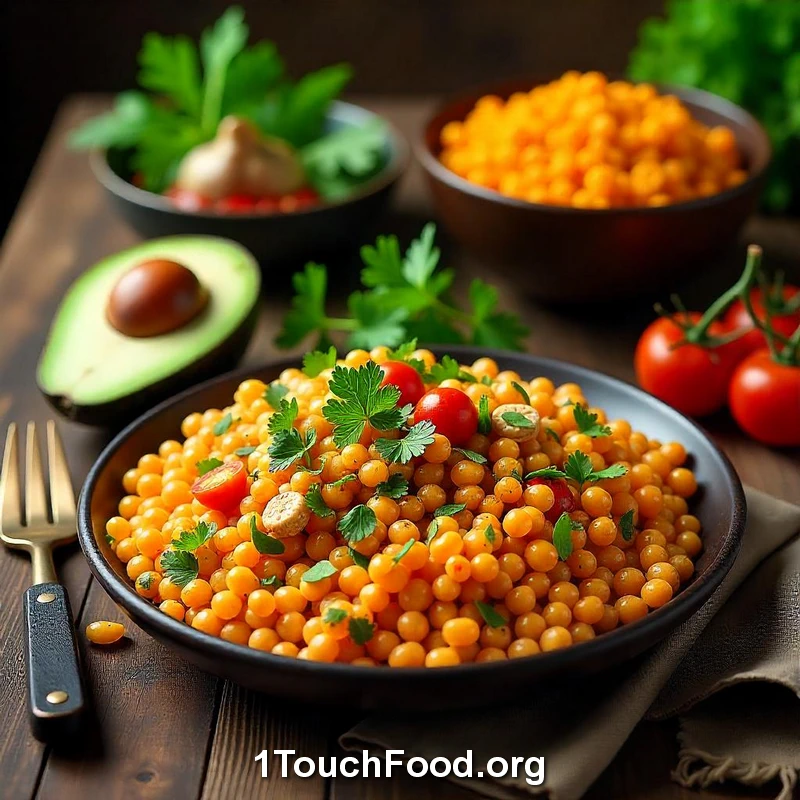
Unpacking the Power of Plant-Based Protein for Vegetarians
Why Plant-Based Protein for Vegetarians Shines
Plant-based proteins are the cornerstone of a vegetarian diet, offering a wealth of nutrients that go beyond just protein. Foods like lentils, chickpeas, black beans, and quinoa are not only rich in protein but also packed with fiber, vitamins, and minerals that support overall health. For example, a single cup of cooked lentils delivers about 18 grams of protein, along with iron, folate, and manganese, making it one of the best protein sources for vegetarians. These nutrients help with everything from energy production to immune function, ensuring your body thrives on a meat-free diet.
What sets plant-based proteins apart is their ability to provide “clean” nutrition. Unlike many animal proteins, they’re free from cholesterol and low in saturated fats, which can reduce the risk of chronic diseases. A 2021 study in The Lancet found that diets high in plant-based proteins were associated with a lower risk of cardiovascular disease and type 2 diabetes. Whether you’re an athlete needing muscle recovery or someone aiming for better health, these proteins offer a sustainable, nutrient-dense solution.
Top Plant-Based Protein Sources for Vegetarians
Let’s highlight some of the best protein sources for vegetarians in the plant-based category:
-
Lentils: Versatile and affordable, lentils come in various types (red, green, brown) and provide 18 grams of protein per cooked cup. They’re perfect for soups, curries, or salads.
-
Chickpeas: With 15 grams of protein per cup, chickpeas are ideal for hummus, roasted snacks, or hearty stews.
-
Quinoa: A complete protein, quinoa offers 14 grams of protein per cup and is a great base for bowls or side dishes.
-
Hemp Seeds: These tiny seeds pack 10 grams of protein per ounce and are rich in omega-3 fatty acids, making them a great addition to smoothies or salads.
These plant-based proteins are easy to incorporate into daily meals and provide a robust foundation for meeting protein needs. By combining them strategically—like pairing beans with grains—you can ensure a complete amino acid profile, rivaling the nutritional value of meat.
Practical Tips for Maximizing Plant-Based Protein for Vegetarians
To make the most of plant-based proteins, focus on variety and preparation. Experiment with different cooking methods, such as roasting chickpeas for a crunchy texture or blending tofu into creamy sauces. Soaking or sprouting legumes and grains can also enhance digestibility and nutrient absorption. For those new to vegetarianism, start with familiar dishes like lentil tacos or quinoa stir-fries to ease the transition. By keeping your pantry stocked with these staples, you’ll always have the best protein sources for vegetarians at your fingertips.
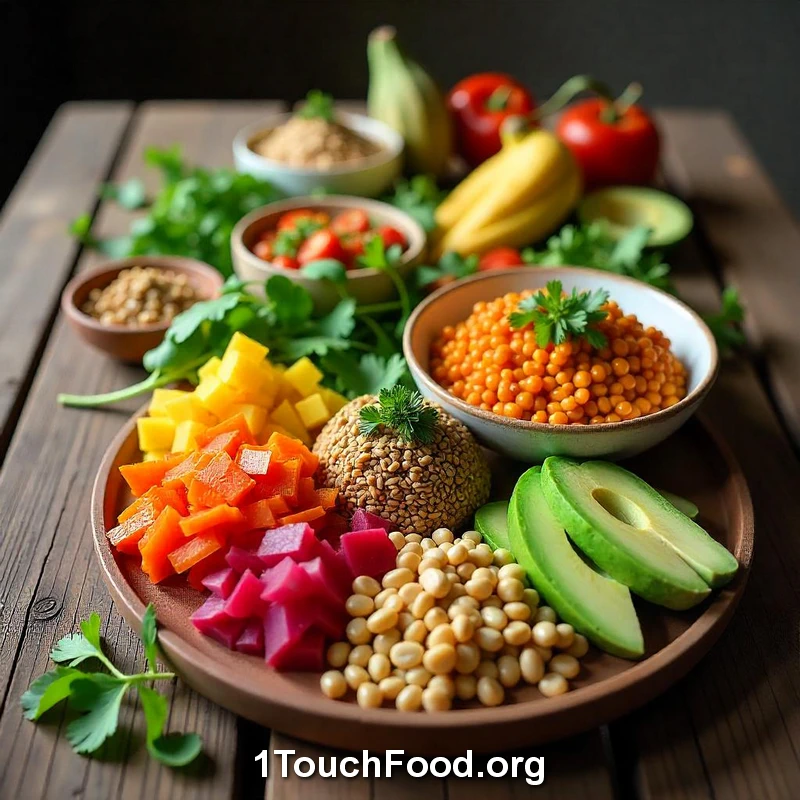
Exploring Meat Alternatives for Protein for Vegetarians
The Rise of Meat Alternatives for Protein for Vegetarians
Meat alternatives have revolutionized vegetarian eating, offering protein-rich options that mimic the taste and texture of meat. From tofu to seitan to modern plant-based burgers, these foods make it easier than ever to enjoy the best protein sources for vegetarians without sacrificing flavor. They’re especially popular among those transitioning from a meat-heavy diet or seeking familiar dishes like burgers, sausages, or nuggets. With advancements in food technology, meat alternatives are now more accessible, affordable, and delicious than ever.
Take tofu, for example—a staple in vegetarian diets for centuries. Made from soybeans, it provides about 20 grams of protein per cup and absorbs flavors like a sponge, making it ideal for stir-fries, scrambles, or grilled dishes. Tempeh, another soy-based option, offers 31 grams of protein per cup and has a nutty, chewy texture that works well in sandwiches or salads. Seitan, made from wheat gluten, delivers a whopping 25 grams of protein per 100 grams and is often used to replicate meat in dishes like vegan ribs or kebabs.
Benefits of Meat Alternatives for Protein for Vegetarians
Meat alternatives are among the best protein sources for vegetarians because they’re high in protein and incredibly versatile. Many are fortified with nutrients like vitamin B12 or iron, which can be harder to obtain in a vegetarian diet. For instance, some commercial plant-based meats, like those from brands such as Beyond Meat or Impossible Foods, are designed to provide not only protein but also heme iron, mimicking the nutritional profile of beef. These products make it easier to meet protein needs while enjoying familiar textures and flavors.
Beyond nutrition, meat alternatives are a boon for environmental sustainability. Producing plant-based meats generates significantly fewer greenhouse gas emissions than animal-based meats, according to a 2022 report from the Good Food Institute. They also require less water and land, making them a planet-friendly choice. For vegetarians who crave the sensory experience of meat without the ethical or environmental drawbacks, these alternatives are a game-changer.
Incorporating Meat Alternatives into Your Diet for Protein for Vegetarians
Integrating meat alternatives into your meals is simple and fun. Try swapping ground beef for crumbled tempeh in chili or using seitan strips in fajitas. For quick meals, plant-based burgers or sausages can be grilled and paired with your favorite sides. If you’re new to meat alternatives, start with pre-seasoned options or recipes that incorporate bold flavors to ease the transition. By experimenting with these products, you can create satisfying, protein-packed dishes that rival any meat-based meal.
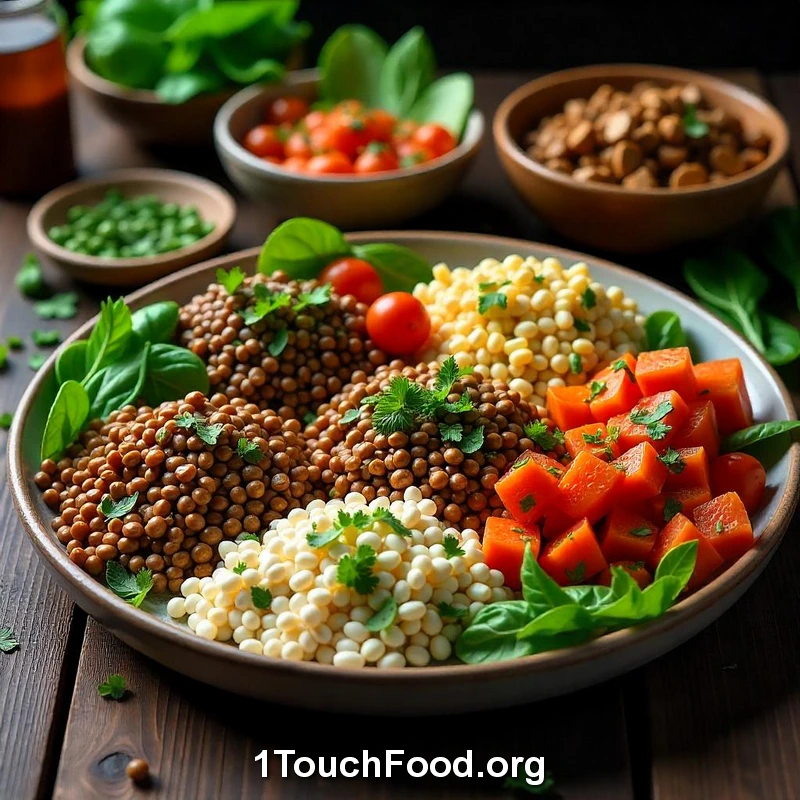
Comparing Top Protein Sources for Vegetarians
Analyzing the Best Options for Protein for Vegetarians
Choosing the best protein sources for vegetarians depends on factors like protein content, nutrient density, versatility, and cost. To help you decide, we’ve compared some of the top plant-based proteins and meat alternatives in the table below. This analysis highlights their protein content, key nutrients, and ideal uses, making it easier to select the right options for your needs.
|
Protein Source |
Protein (per 100g) |
Key Nutrients |
Best Uses |
Cost (Approx.) |
|---|---|---|---|---|
|
Lentils |
9g (cooked) |
Fiber, iron, folate |
Soups, curries, salads |
Low ($1–2/lb) |
|
Chickpeas |
9g (cooked) |
Fiber, manganese, protein |
Hummus, stews, roasted snacks |
Low ($1–2/lb) |
|
Tofu |
10–15g |
Calcium, iron, protein |
Stir-fries, scrambles, grilling |
Moderate ($2–4/lb) |
|
Tempeh |
19g |
Protein, probiotics, B12 (fortified) |
Sandwiches, stir-fries |
Moderate ($3–5/lb) |
|
Seitan |
25g |
Protein, iron |
Vegan meats, kebabs |
Moderate ($3–6/lb) |
|
Quinoa |
14g (cooked) |
Complete protein, magnesium |
Bowls, salads, porridge |
Moderate ($3–5/lb) |
|
Hemp Seeds |
32g |
Omega-3s, protein |
Smoothies, salads, baking |
High ($10–15/lb) |
Key Takeaways from the Comparison
Lentils and chickpeas stand out as affordable, nutrient-dense plant-based proteins that are easy to incorporate into everyday meals. Tofu and tempeh, as meat alternatives, offer higher protein content and versatility for mimicking meat textures. Seitan is a top choice for those seeking high-protein meat alternatives, while quinoa and hemp seeds are excellent for complete proteins and added nutrients. By mixing and matching these sources, you can create a balanced diet that meets your protein needs while keeping meals exciting and budget friendly.
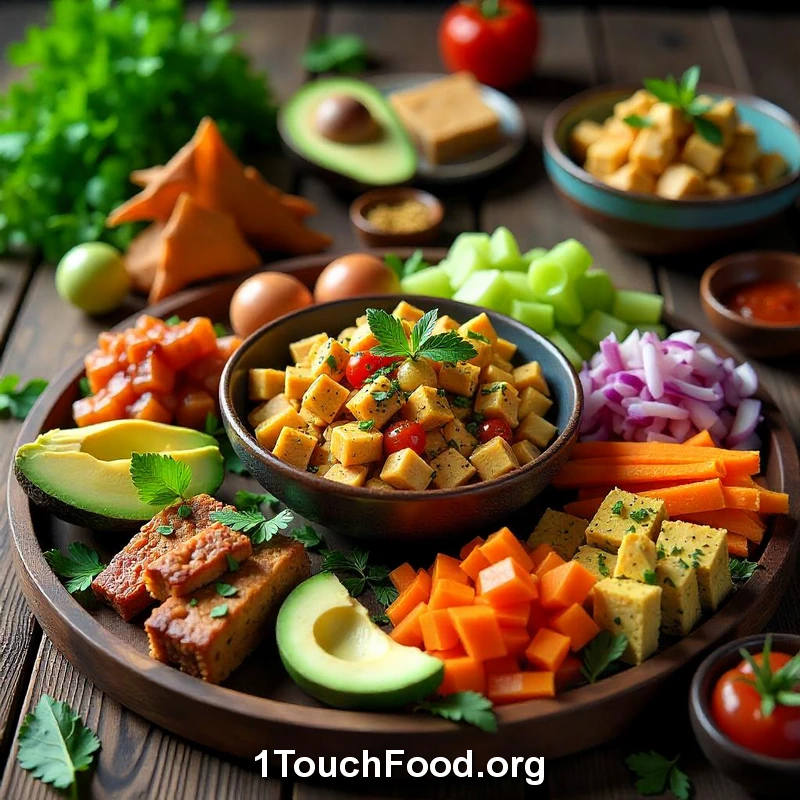
Practical Tips for Incorporating Vegetarian Proteins
How to Build Protein-Packed Vegetarian Meals
Integrating the best protein sources for vegetarians into your diet doesn’t have to be complicated. Here are practical tips to make plant-based proteins and meat alternatives a seamless part of your meals:
-
Plan Balanced Meals: Combine plant-based proteins to ensure a complete amino acid profile. For example, pair rice with black beans for tacos or hummus with whole-grain pita for a snack. This approach maximizes nutritional benefits and keeps you full longer.
-
Batch Prep for Convenience: Cook large batches of lentils, quinoa, or chickpeas at the start of the week. Store them in the fridge for quick additions to salads, soups, or wraps. Pre-marinated tofu or tempeh can also save time for busy days.
-
Experiment with Flavors: Use spices, herbs, and sauces to elevate plant-based proteins. Try marinating tofu in soy sauce and ginger for an Asian-inspired dish or tossing chickpeas with paprika and cumin for a smoky snack.
-
Incorporate Meat Alternatives: Swap meat for meat alternatives in your favorite recipes. Use seitan in stir-fries, tempeh in burgers, or plant-based crumbles in pasta sauces. These options make transitioning to vegetarianism easier and more flavorful.
-
Snack Smart: Keep high-protein snacks like roasted chickpeas, hemp seed trail mix, or edamame on hand for quick boosts throughout the day.
Meal Prep Ideas
For breakfast, try a quinoa porridge with hemp seeds and fruit (20g protein). For lunch, a chickpea salad with quinoa and veggies (25g protein) is both filling and fresh. Dinner could feature a tofu stir-fry with brown rice (30g protein) or a seitan-based vegan steak with roasted vegetables. These meals showcase the versatility of plant-based proteins and meat alternatives while keeping your protein intake on track.

Protein for Vegetarians: Essential Strategies for Daily Intake
Securing adequate protein for vegetarians starts with understanding that your body requires about 0.8 grams per kilogram of body weight daily, which can be effortlessly achieved through plant sources without relying on supplements. Focus on high-quality options like seitan, which delivers around 25 grams per 3-ounce serving and mimics meat’s texture in curries or sandwiches, or edamame, offering 17 grams per cup while doubling as a snack.
To avoid monotony, rotate your choices weekly—pairing lentils with rice one day for 18 grams combined, then switching to Greek yogurt (if lacto-vegetarian) with nuts the next for sustained release. Track progress with a journal noting energy levels post-meals; if fatigue lingers, tweak portions upward by 10-20% to fine-tune your needs, ensuring muscle maintenance and hormonal balance remain optimal.
Beyond basics, optimizing protein for vegetarians involves mindful combinations to form complete amino acid profiles, enhancing bioavailability and nutrient synergy. For breakfast, blend spinach smoothies with pea protein powder (20 grams per scoop) and banana for natural sweetness, absorbing better when fortified with black pepper to boost iron uptake from the greens. Lunch could feature a quinoa salad tossed with roasted chickpeas and tahini dressing, yielding 22 grams while supporting gut health through fiber.
Dinner shines with tempeh stir-fries alongside broccoli and whole grains, where the fermented soy in tempeh (19 grams per half-cup) aids digestion and reduces bloating common in high-legume diets. Experiment with these assemblies during meal prep Sundays to streamline your week, and consult blood tests every six months to confirm levels, adjusting as lifestyle demands evolve.
For long-term vitality, integrating protein for vegetarians means weaving it into holistic habits that amplify overall wellness, like timing intake around workouts for recovery or using it to curb cravings. Post-gym, a smoothie with hemp seeds (10 grams per ounce) and almond milk refuels without heaviness, while evening snacks of cottage cheese with cherry tomatoes provide 14 grams and melatonin-friendly tryptophan for sleep.
Address potential pitfalls, such as over-relying on processed bars, by prioritizing whole foods 80% of the time—budget-friendly staples like peanut butter on whole-grain toast hit 8 grams affordably. Celebrate milestones, like hitting consistent targets for a month, with a new recipe trial, fostering adherence. If traveling, pack portable options like roasted chickpeas to maintain momentum, turning protein planning into a seamless, empowering routine.
FAQs about Best Protein Sources for Vegetarians
Common Questions Answered
How much protein do vegetarians need daily?
The average adult needs about 0.36 grams of protein per pound of body weight (e.g., 54g for a 150-pound person). Active individuals or athletes may require 0.5–0.8 grams per pound. The best protein sources for vegetarians, like lentils or tofu, make it easy to hit these targets.
Are plant-based proteins complete?
Some plant-based proteins, like quinoa and soy, are complete, containing all nine essential amino acids. Others, like beans or nuts, are incomplete but can be combined (e.g., beans and rice) to form complete proteins.
Can meat alternatives provide enough protein?
Yes, meat alternatives like tempeh (19g protein per 100g) or seitan (25g per 100g) are excellent high-protein options. Many are also fortified with nutrients like B12, making them a great addition to a vegetarian diet.
Are vegetarian proteins budget-friendly?
Absolutely. Lentils and chickpeas cost as little as $1–2 per pound, while meat alternatives like tofu are moderately priced. Buying in bulk and preparing meals at home keeps costs low.
Conclusion
The best protein sources for vegetarians offer a delicious, nutritious, and sustainable way to meet your dietary needs. From versatile plant-based proteins like lentils and quinoa to innovative meat alternatives like tempeh and seitan, there’s no shortage of options to keep your meals exciting and protein-packed. By understanding their benefits, comparing their nutritional profiles, and incorporating them into your daily routine, you can build a vegetarian diet that supports your health, aligns with your values, and satisfies your taste buds. This guide has equipped you with the knowledge to make informed choices and create meals that rival any meat-based diet. Your journey to a thriving vegetarian lifestyle starts here—enjoy the process and savor the results!
Enjoy! See our youtube. Quench your thirst and revitalize your body with our collection of refreshing and hydrating recipes. All athletes must pay close attention to their nutrition to achieve optimal performance. You can see CookBook for athletes and Building a Bigger Butt. Its very useful for athletes.


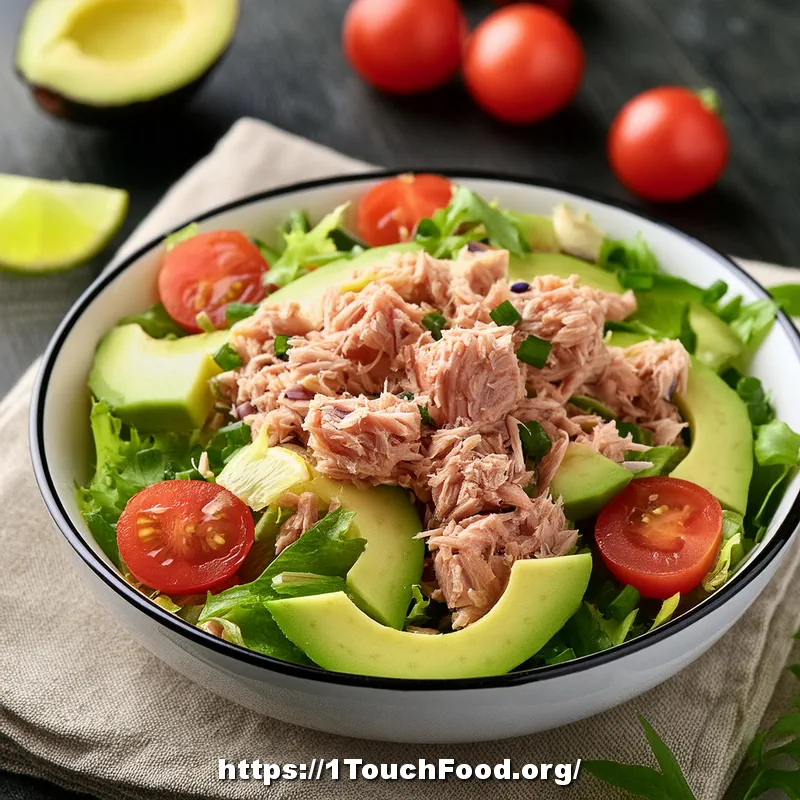
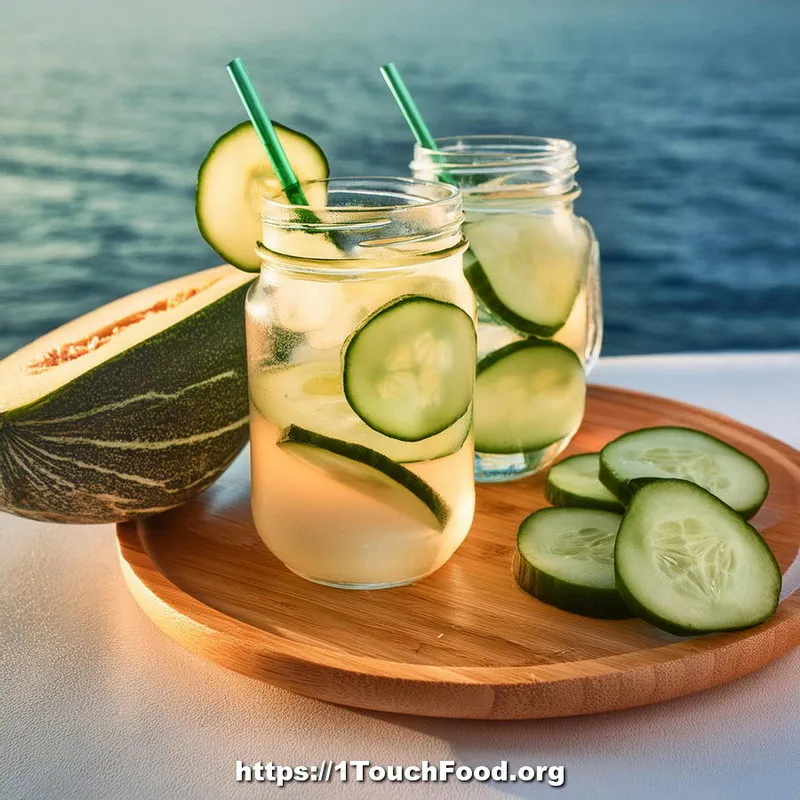

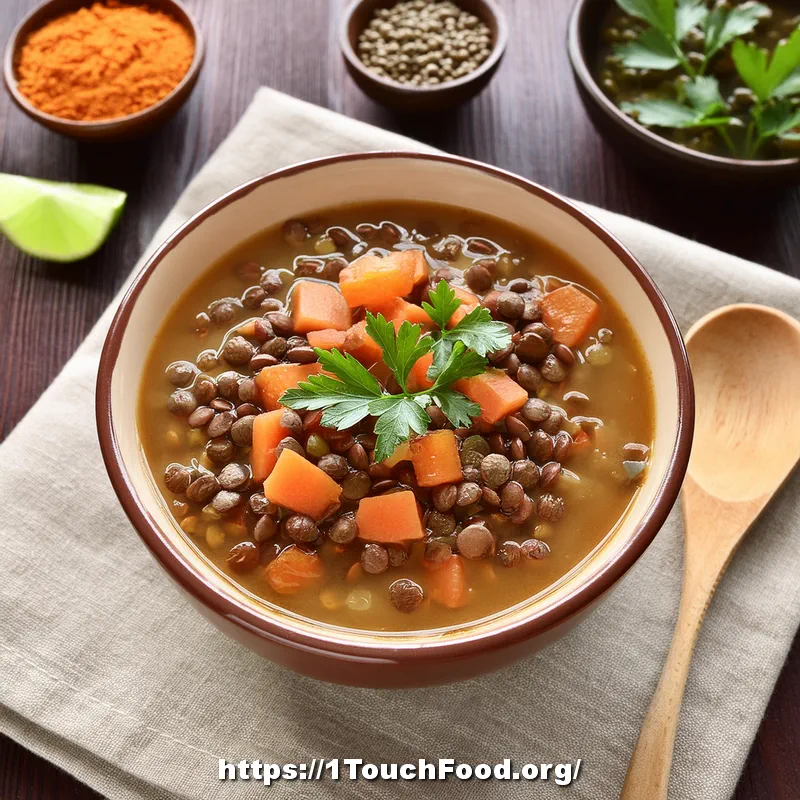








Leave a Reply